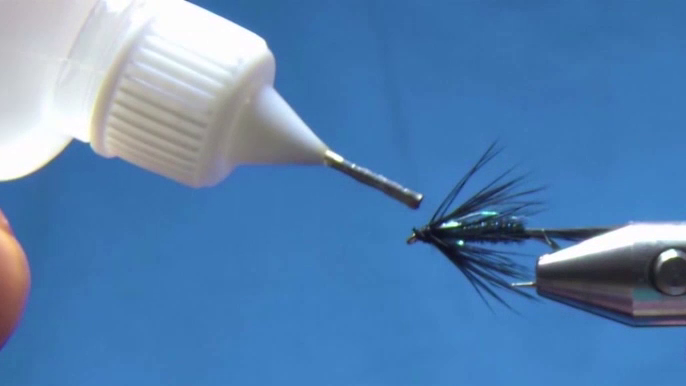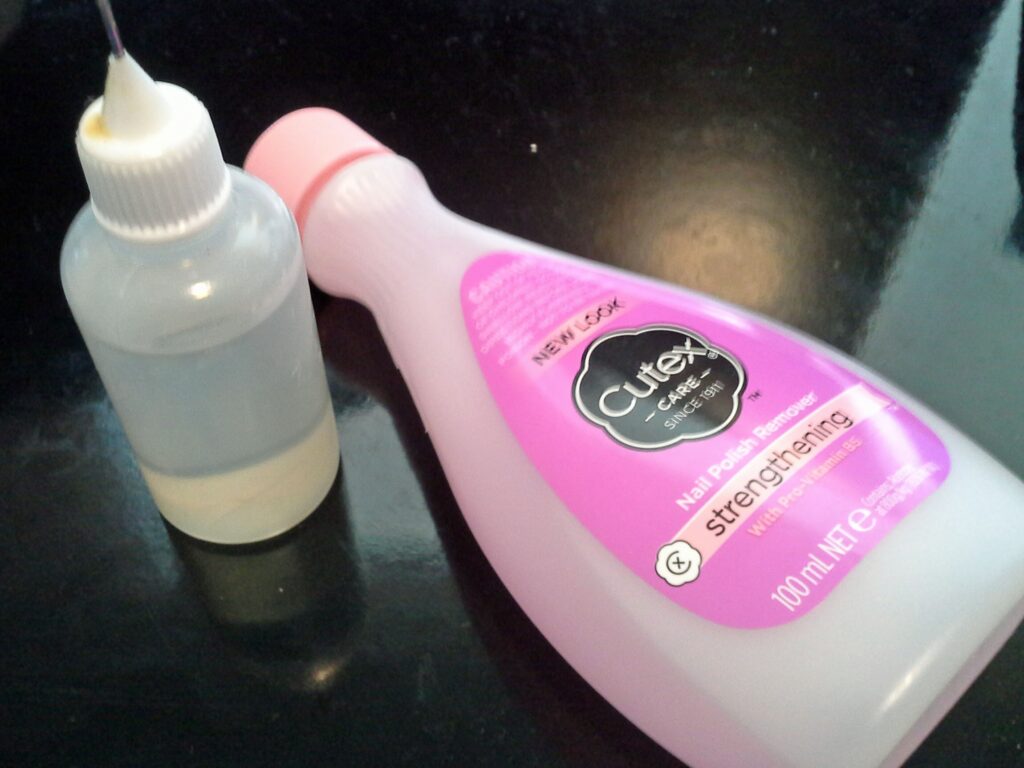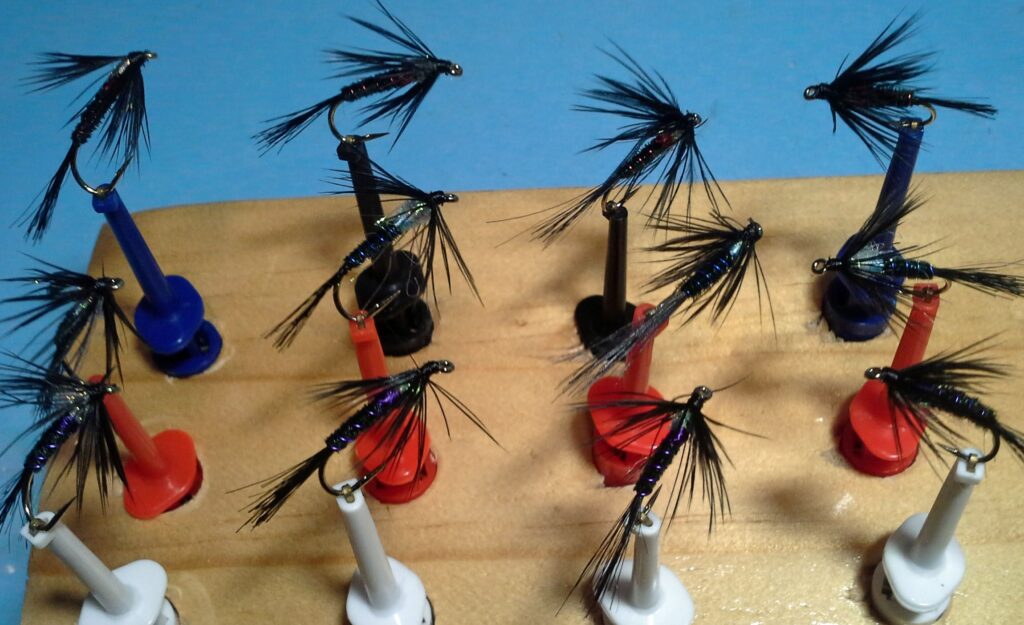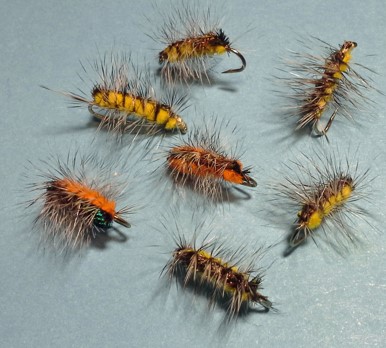The foundation of Fed’s Cruncher Variants is rooted in one of the most effective stillwater trout flies: Keiran Jenkins’ Black and Red Cruncher. Known for its consistent success, this pattern has earned a permanent spot in many anglers’ fly boxes—and for good reason.
The Original Cruncher
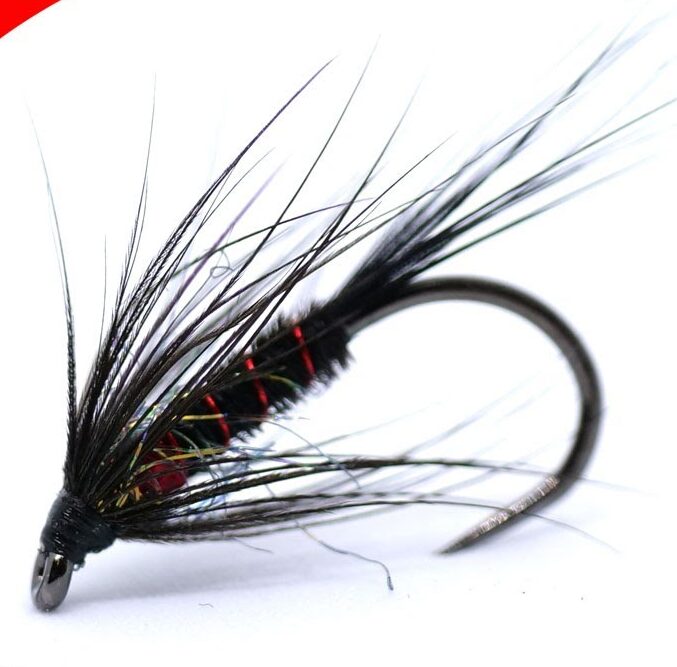
Keiran Jenkins’ version is a masterclass in subtlety and movement. Tied with a soft hen hackle at the head, it creates a pulsating effect when retrieved slowly, mimicking the delicate movement of aquatic insects. The addition of a holographic hot spot at the thorax acts as a visual trigger, often drawing aggressive takes from trout. Fished best on a floating fly line or midge tip in a washing line setup, it shines when trout are cruising higher in the water column.
Crunchers in general are known for their versatility. While they’re effective as nymphs, they truly excel when fish are feeding near the surface, where their slow descent keeps them in the strike zone longer.
Fed’s Modern Variants
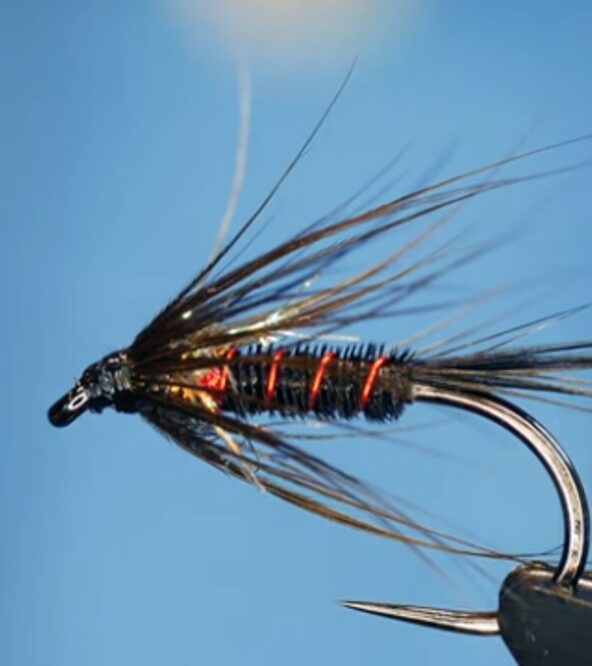
Building on this proven pattern, Fed introduces three customised Cruncher variants that tweak the original using different coloured wire and floss combinations. Each version maintains the essential profile and materials but offers a unique twist in colour and contrast—perfect for changing conditions or when fish become selective.
These variants still feature the hallmark thorax hot spot and soft hackle movement, but the wire and floss colours give each fly a distinct silhouette and flash under different light and water conditions.
Why It Works
Fed’s variants take everything that makes the original effective—motion, subtle flash, and realistic profile—and adds versatility. By switching up colour schemes, you can match the hatch more closely or stand out in coloured water. Whether you’re fishing calm spring mornings or deep into autumn, one of these variants will keep you connected to feeding fish.
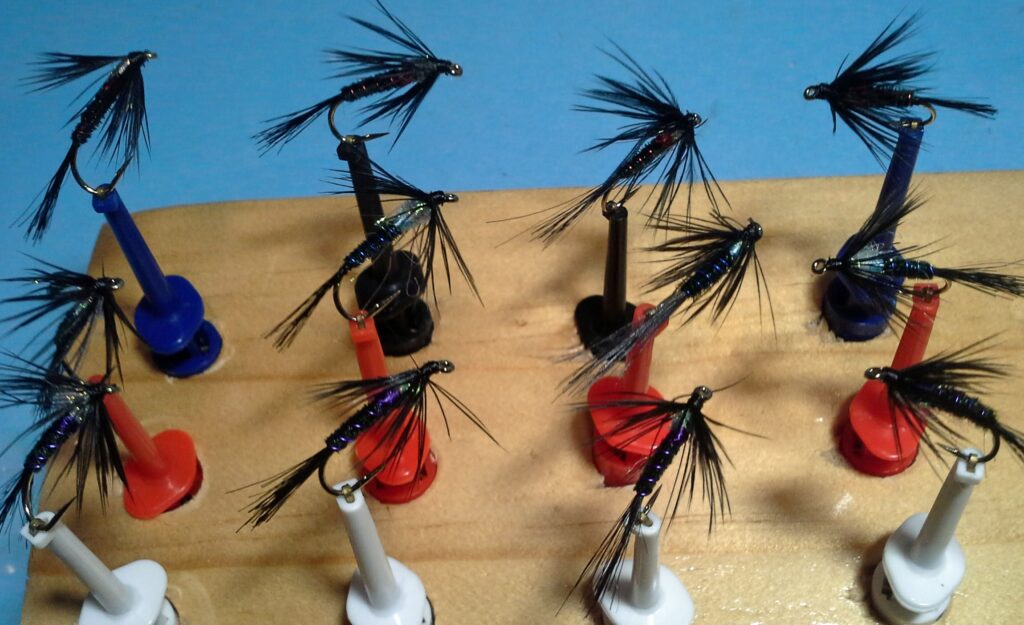
Materials
- Hook: Barbless size 10 and 12
- Thread: Griffith’s Sheer Black 14/0
- Tail: Black soft makeup brush fibres
- Body: Black pheasant tail (I used dark green in this video)
- Rib: Thin wire – Red, Purple, Chartreuse, and Blue
- Neck: Floss to match the rib colour
- Collar: Pearl ice dubbing
- Hackle: Black hen hackle
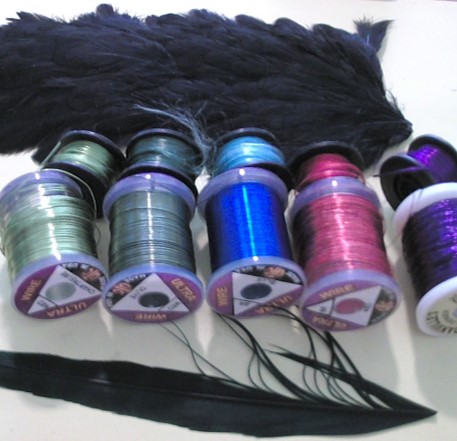
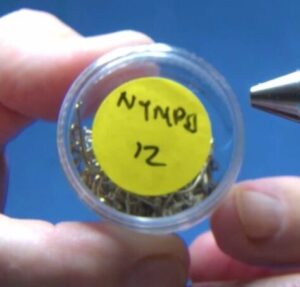
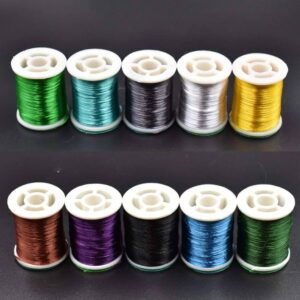
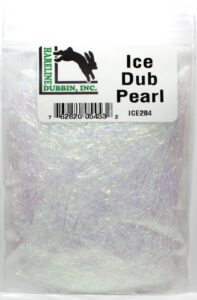
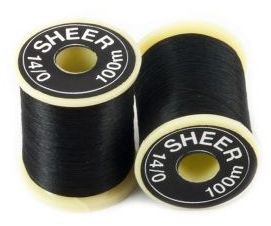
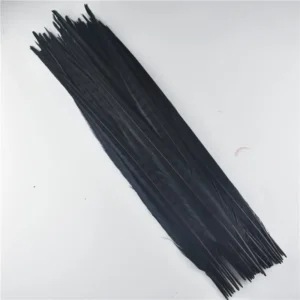
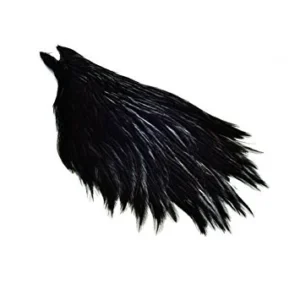
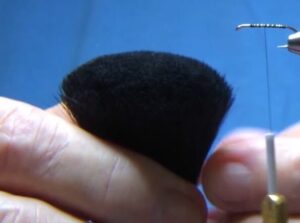
Tying Instructions
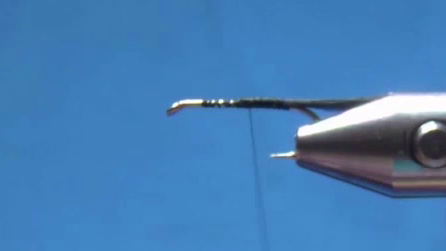
- Crush the barb and lay a smooth thread base along the shank.
- Tie in a tail equal to the length of the body.
- Tie in your coloured wire.
- Tie in a tail equal to the length of the body.
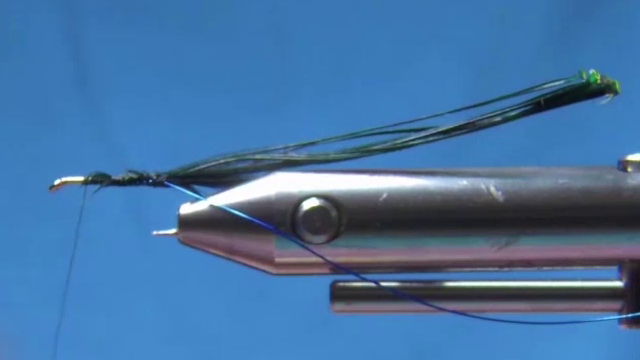
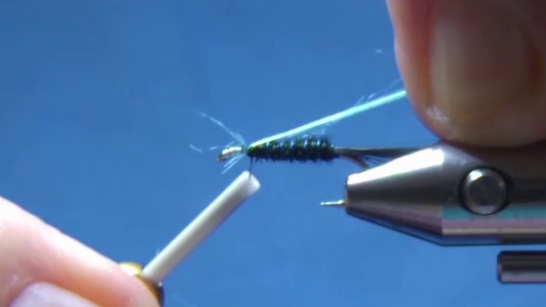
- Counter-wrap the coloured wire over the body to create a segmented look and secure durability.
- Build a level spot with thread and tie in your floss.
- Wrap a neatly sized thorax with the floss.
- Add a few strands of crystal flash and wrap to form a collar.
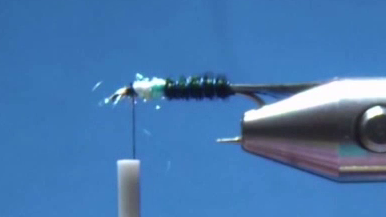
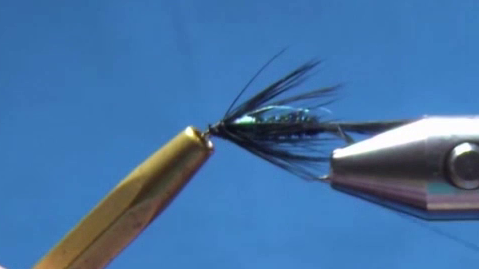
- Tie in a soft hen hackle by the tips. Make 2–3 turns, then secure and trim the excess.
- Form a neat head. Use a double half hitch, angling your thread back at 45° to mimic a whip finish. (Thanks to Al Beatty for the tip.)
- Add a small dab of Sally Hansen’s Hard as Nails for a clean, sealed head.
